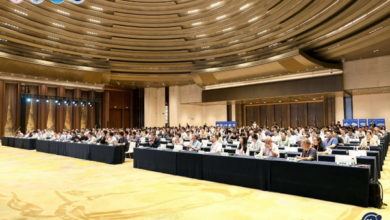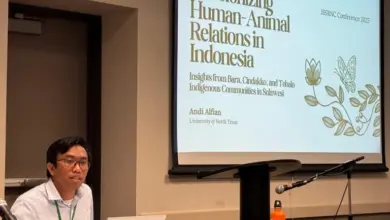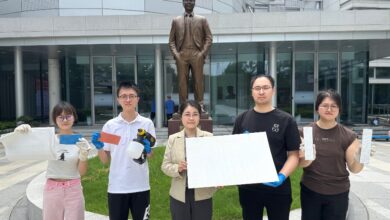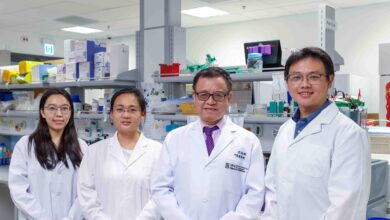Thammasat University uses innovative solutions to help Durian farmers in Nonthaburi
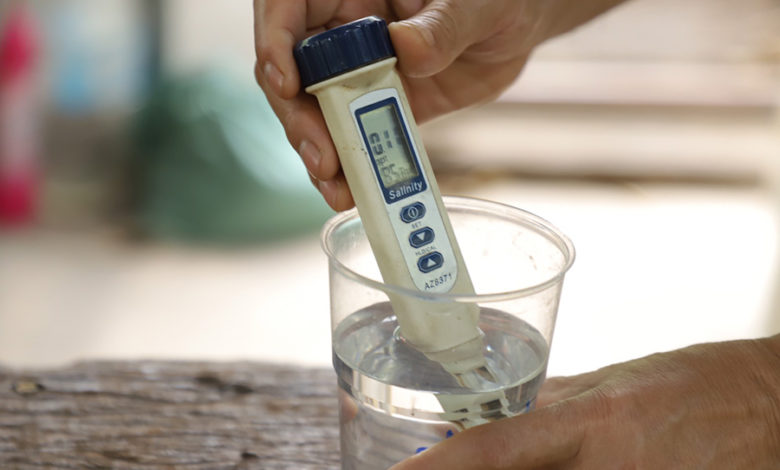
“Duangrit Benjathikul Chairungruang”, Secretary to the Minister of Higher Education, Science, Research and Innovation, led a team of researchers to help Durian farmers in Nonthaburi, which encountered the saltwater intrusion resulting in agricultural issue, using innovations from NSTDA, TISTR and TU including nanotechnology for water purification, water quality monitoring system with mobile application that allows the real-time monitoring, seawater desalination system as well as fertilizers that give durians their sweet creamy flavor along with their rich and smooth texture with floral scent and soluble fibers.
Asst. Prof. Dr. Duangrit Benjathikul Chairungruang, Secretary to the Minister of Higher Education, Science, Research and Innovation (MHESI). As the ministry spokesperson, he led a team of researchers from MHESI organizations: National Science and Technology Development Agency (NSTDA), Thailand Institute of Scientific and Technological Research (TISTR) and Center of Excellence in Agriculture Innovation through Supply Chain and Value Chain, Thammasat University, to visit Yai Lamai farm, Moo 6 Bang Krang, Mueang, Nonthaburi.
Asst. Prof. Dr. Duangrit explained after the meeting that according to their visits and conversations with Durian farmers, they found that the biggest problem was saltwater intrusion causing agricultural problem. As a solution, TISTR proposed the use of arbuscular mycorrhiza to help improve salt stress and drought resistance. These fungi also enhance durian productivity, along with their own developed desalination filter to desalinate seawater from freshwater in durian plantations. While NSTDA will set up the water quality monitoring system with mobile application that can be monitored at all times. TU will regulate the plant root salinity defense mechanism to desalinate seawater from freshwater and allow the plant roots to find the nutrients from the proper areas which would improve the growth and resistance from drought and salt stress.
MHESI Secretary continued that besides solving the saltwater intrusion, MHESI had other technologies that will allow cost reduction, productivity and quality enhancement in durian farming. TU and NSTDA will deploy these technologies, i.e., IoT-based smart irrigation systems to manage water distribution in appropriate quantity from root transpiration and absorption that is dynamic in terms of temperature, humidity, transpiration and evaporation rate to save water and energy, Basin-Fertigation to increase the efficient use of water and fertilizers to increase fruit yield and give the sweet creamy flavor, rich and smooth texture with floral scent and soluble fibers to durians, Active bagging technology for the highest quality fruit packaging, water management forecast for plantation according to Global GAP, and technology for fruit packaging materials that allows air flow through the package and smart irrigation controller and sensor via surrounding factors etc.

